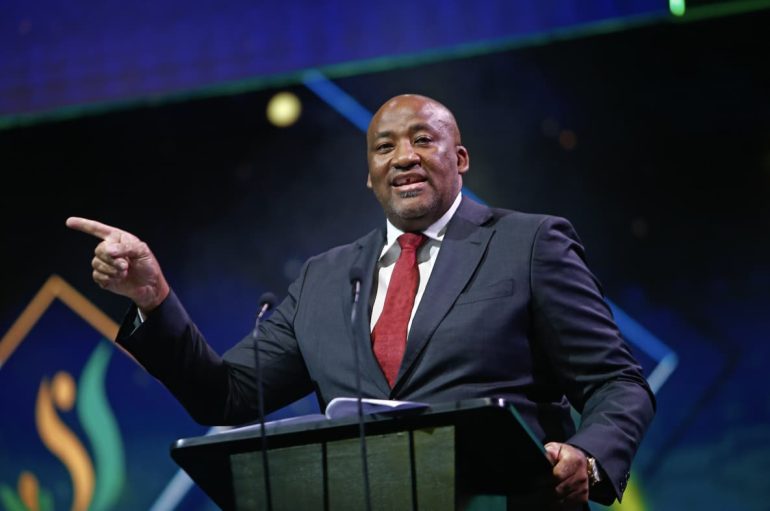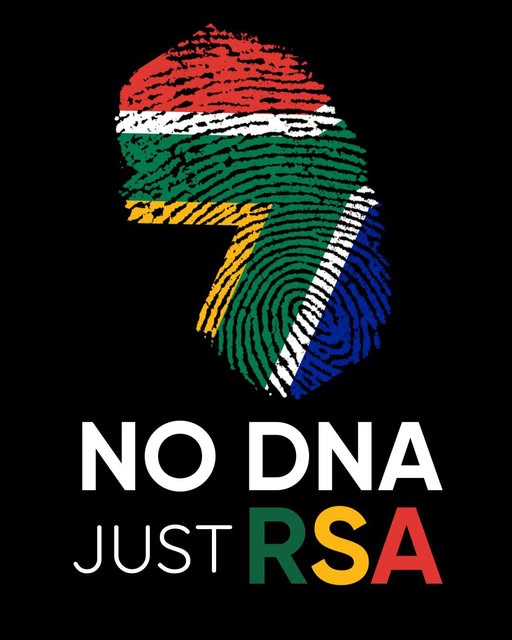
Experts are appealing to society to discuss all kinds of traumas with children from a young age as a means to prepare them for living in South Africa, which they describe as a very violent and traumatic country.
Psychologist, Professor Saths Cooper, says some of the traumas South Africans have are intergenerational and go as far back as the bad old days of apartheid.
According to Professor Cooper, some of this trauma which hasn’t been dealt with it exhibits itself in simmering anger in the country, Gender-Based Violence (GBV), child trafficking and rape, among others.
“We suffer from intergenerational trauma from the violence, dehumanisation and dispossession of colonisation, which was fully entrenched in that crime against humanity – apartheid. We are the most violent society on earth, where we are socialised into accepting that violence is how we settle things,” he adds.
Diversity specialist, Teresa Oakley-Smith, has also weighed in, urging parents to talk to their children about trauma as a way to equip them with means on how to face it.
Oakley Smith, however, emphasises that these conversations must be had in an age appropriate manner, especially when it comes to trauma of a sexual kind as South Africa has high rape statistics.
“Mainly girls but also boys, we also need to prepare our children so that they understand that for example while some touching is good, other touching is bad and they need to be aware of this and be made aware in a comfortable setting ideally with their family,” she adds.
Oakley-Smith says its also important for families to ensure that they have these difficult conversations with their children in order to ensure that they don’t end up blaming themselves.
“I think it’s important to discuss this in an age-appropriate way with children in the family. The danger of not doing so is that children will be inclined to blame themselves for example if the parents are going to get divorced or maybe one of the parents has lost a job – these are all very traumatic issues in the family and children need to know as long as it’s explained in a way that they can understand and that they are made to know that this is not their fault.”
The diversity expert believes that schools and places of work should also hold such discussions.
However, Oakley-Smith admits that some work environments might not be a comfortable setting for others, but advises that, where possible, people should use the resources available at their jobs to talk about their traumas.
“In the workplace such discussions are always problematic it can be disturbing for an employees psychological safety to hear stories of trauma and individuals differ in terms of how much they want to share with work colleagues. Many organisations, especially the larger ones, do have counselling made available and this would be the appropriate place to take trauma. If there are women’s groups, which many organisations have, or groups for LGBTQ plus employees it may be appropriate to share experiences in these spaces if they are considered safe,” she adds.
Oakley-Smith has urged people to not force others to talk about their traumas.
“It is not something only for women to discuss, men may need the support of other men or other employees there is hardly a group in South Africa not affected by trauma in someway or another and so just finding a place to share whether it be a church a workplace a school or even than a taxi can be helpful for an individual.”
Written by: Nokwazi Qumbisa
Similar posts
Current show
Upcoming shows

Sunday Feels Part I, with Sizwe
6:00 am - 10:00 am

Sunday Feels Part II, With Karen
10:00 am - 2:00 pm

The Global Experience with Just Mo
2:00 pm - 6:00 pm

Sundaze with Fif_Laaa
6:00 pm - 10:00 pm

Savage Nights with Thabo X and Shamiso
10:00 pm - 12:00 am
Latest posts
COPYRIGHT 2023








